FROM QUEBEC TO MAINELawsuit against Catholic religious order says abuse at retreats in Maine was coordinated
Emily Allen, Portland Press Herald, Maine
Wed, January 11, 2023 at 9:59 PM MST·6 min read
Jan. 11—A woman who says she was abused by priests in Maine when she was a young girl in the 1950s has been allowed to sue a Catholic religious order anonymously.
The woman, who filed her civil complaint under the name "Jane Doe," described years of horrific sexual abuse she says she suffered at the hands of priests in the Missionary Oblates of Mary Immaculate and the "immense pain, fear, and guilt" she felt each time.
U.S. District Judge Lance Walker agreed Friday that Doe could continue her suit using the pseudonym, with no objection from the Oblates.
Anonymous complaints are not uncommon in federal cases of abuse, but it's the first known Jane Doe case in Maine since state law changed in 2021 allowing alleged victims of childhood sexual abuse to sue in cases that used to be covered by a statute of limitations. More than a dozen other cases filed in state courts all have named plaintiffs, though many of them have asked not to be identified in the media.
In an affidavit submitted to the court by the woman's attorneys, Ashley Pileika and Alexis Chardon, her psychiatrist described her struggles with post-traumatic stress disorder and how it would exacerbate her symptoms if she was required to use her name.
"She worries tremendously about any backlash that could result to her family," the affidavit stated. "Currently she suffers from flashbacks, nightmares, spells of terror, panic attacks, hyperarousal, depression, anxiety, suicidal ideation, discontinuity in her sense of self, low self-esteem, difficulty in relationships, dissociation, derealization, among other symptoms."
The Oblates do not have a defense attorney listed in court records. An Illinois attorney who has represented the Oblates in other cases declined to comment on the allegations Wednesday.
Though not as active in the region today, the Oblates owned several large homes throughout the region, where seminarians stayed while on retreat.
The Oblates worked closely with nuns from different religious orders who came to New England from Canada, including the Sisters of Charity of Montreal and the Sisters of Charity of Quebec. Those sisters, often called "Grey Nuns," ran orphanages and schools throughout the region — including St. Joseph's Orphanage in Fairhaven, Massachusetts, where the plaintiff spent her earliest years.
WHO IS JANE DOE?
She was 4 years old in the 1950s when her mother left her and several siblings in the care of the orphanage, where she often snuck out of her dormitory into a room for younger children where her little sisters were sleeping. According to attorneys, her mother was training to become a nun herself, although she never became one, and was unable to care for her children.
Their grandparents took in the children in the 1960s. While most of the woman's siblings went on to live in California with their parents, she stayed behind and grew up mostly at her grandmother's house, attending private school, taking piano and violin lessons and still going to church.
Pileika said her client didn't realize she had lived at an orphanage until she was much older. Her mother had told the children they were going to a boarding school — Pileika said this was a common scenario at that time. Many adults who couldn't care for their children turned to institutions overseen by religious orders, like the Oblates and the Grey Nuns, for social services and support — which makes their alleged abuse all the more horrific.
"They were running schools, they were running orphanages, they were running churches, obviously," Pileika said.
As a young girl, she enjoyed singing and dancing. The sisters at the orphanage told her she was a gifted performer and began taking her with them on trips to the Oblate-owned homes in Bucksport and Bar Harbor, where the sisters performed domestic duties for the seminarians, like cooking and cleaning.
"There should not have been young girls going anywhere near the sleeping quarters of older men," said Chardon. "Almost every diocese has something in writing today that says 'Don't allow that, it's not appropriate' — but that doesn't mean people in the '50s and '60s didn't know. There were so many reasons they should've known. They did know. They knew it was wrong, and it was going on for years and years."
The woman alleges she was abused on at least 10 different occasions during several trips to Maine. In Bucksport, where she remembered "the impression of the red bricks and white pillars" were similar to a "massive church," she said she was raped by the Rev. Arthur Craig and handed off to be abused by several other unnamed men.
She said Craig, the Rev. Francis Demers and several other unnamed men abused her at the Oblates' home in Bar Harbor, which she described as grandiose and said looked like a castle. They gave her a doll and told her she was "as pretty as the doll." They kept her in a room for at least a full day and night.
NOT THE ONLY ONE
Today, the Oblates are more missionary-focused, having sold most of the homes they oversaw for large sums of money since the 1950s. Craig was living at a nursing home for retired Oblate priests as late as 2021, according to a posting that year from the Oblates. The complaint does not mention Demers' last known posting, or if he is still a working priest.
The complaint only names the Oblates as defendants, though Pileika and Chardon said they're "seriously considering" adding the religious orders that employed the Grey Nuns to the complaint because they share responsibility.
"We felt that it was very important to target the Oblates for using Maine as a very sick playground and profiting from it," said Chardon. "That being said, the Grey Nuns are likely a valid defendant, and one of the things that will be interesting is to learn the relationship between the Grey Nuns and the Oblates as we go into discovery, and how much they knew."
Although these homes no longer serve as grounds for the sexual abuse of young children, the woman's attorneys say the damage lives on and it was important for their client to file her complaint to attain accountability and spread awareness.
"She's very cognizant that there are others out there," said Pileika. "For so long, she wasn't able to connect to others this happened to — I think knowing there are others has been important and part of her healing journey."
Pileika has represented other clients with anonymous claims of sexual abuse against the Oblates.
That includes two women with a joint claim in U.S. District Court for the Southern District of New York. They grew up at a boarding school near St. Joseph's Orphanage in Fairhaven, which was also run by Grey Nuns. These women say they, and many others from their school, were also shuttled to Oblate-owned vacation homes in Maine and elsewhere, where they were abused in the 1960s and 1970s.
The Oblates and other defendants in that case, which include the Sisters of Charity of Montreal, the Sisters of Charity of Quebec, the Diocese of Fall River and the Congregation of the Sacred Hearts of Jesus and Mary, filed motions to dismiss the complaint last spring. The judge has yet to rule on them.






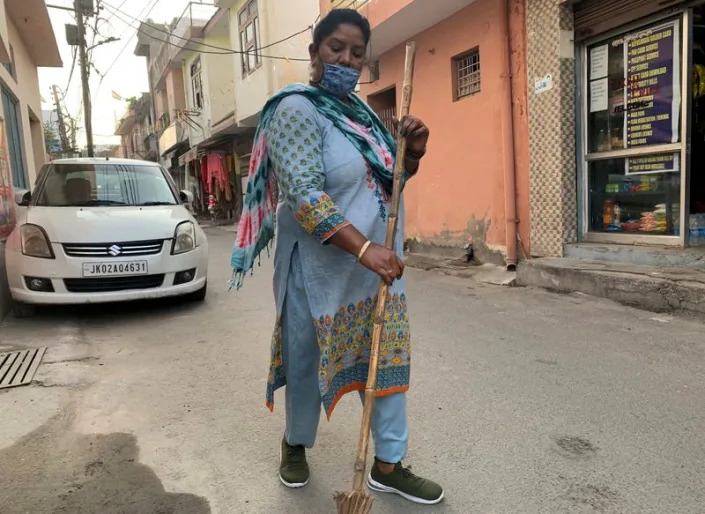

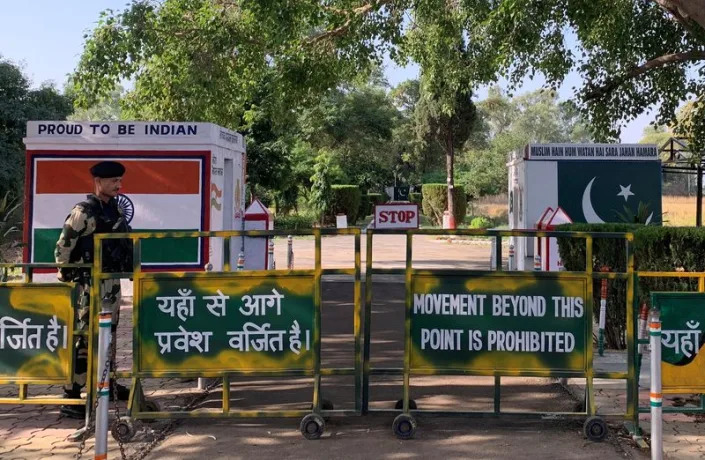
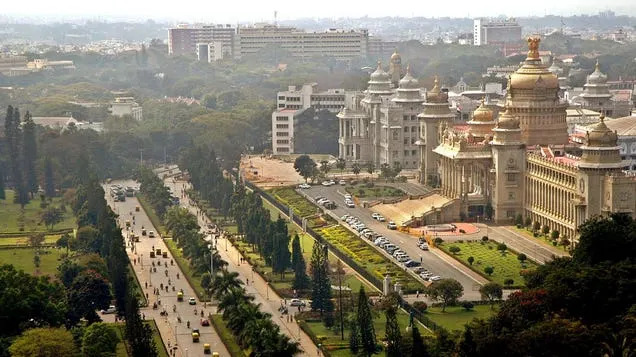
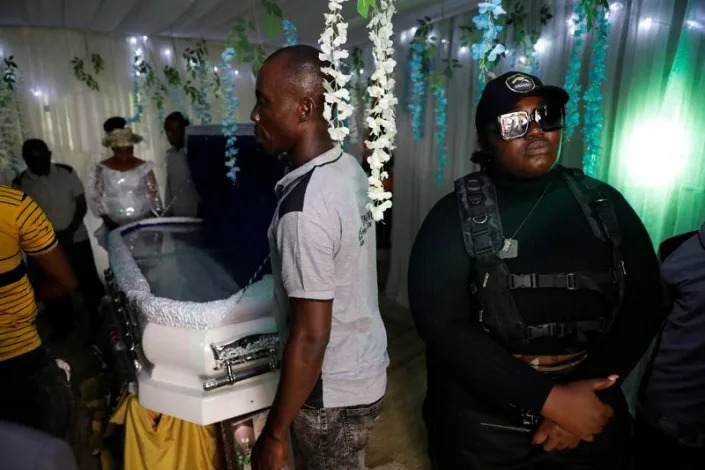



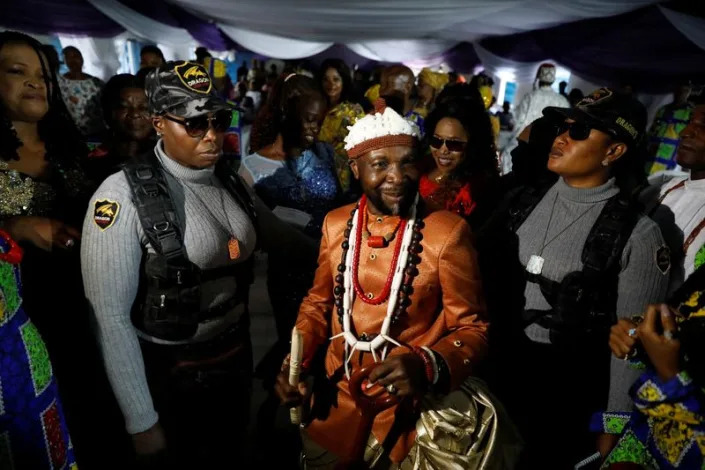
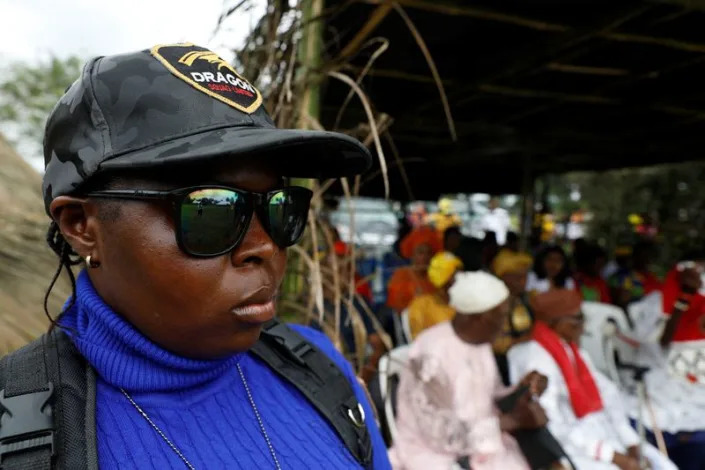
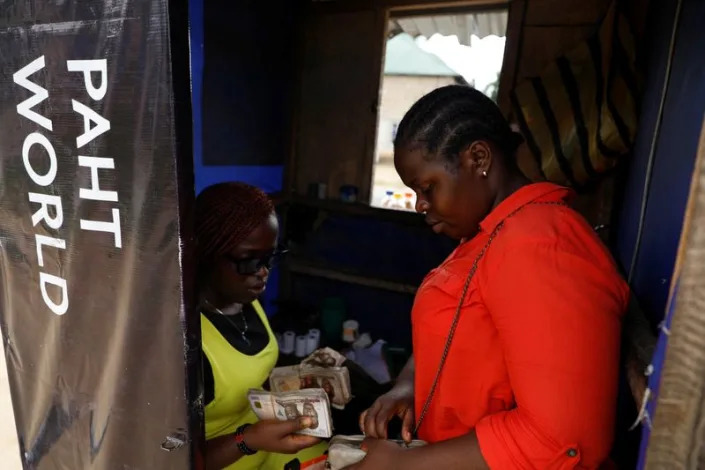
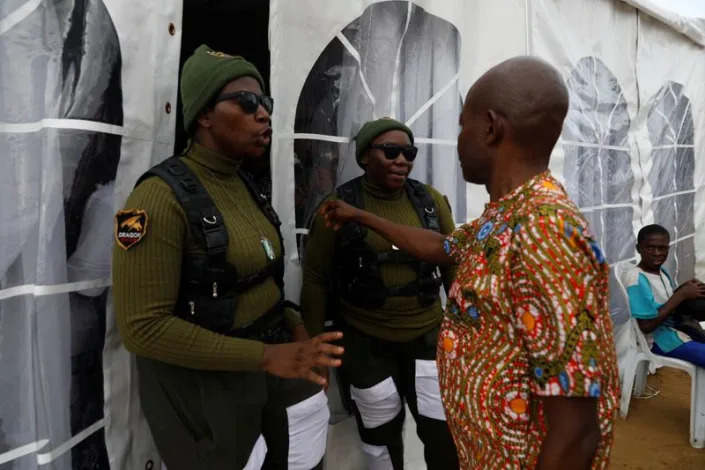










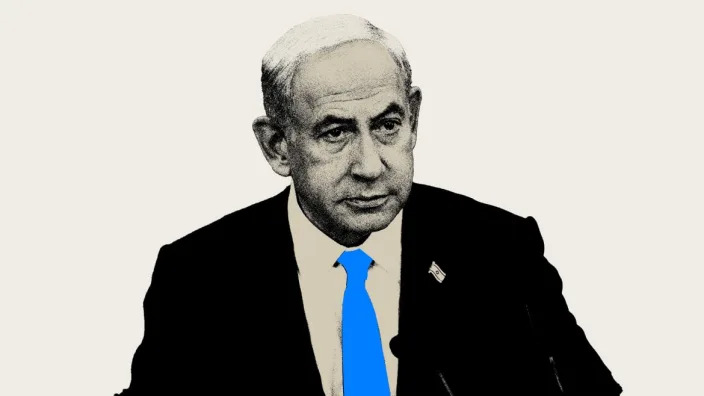
 \\
\\